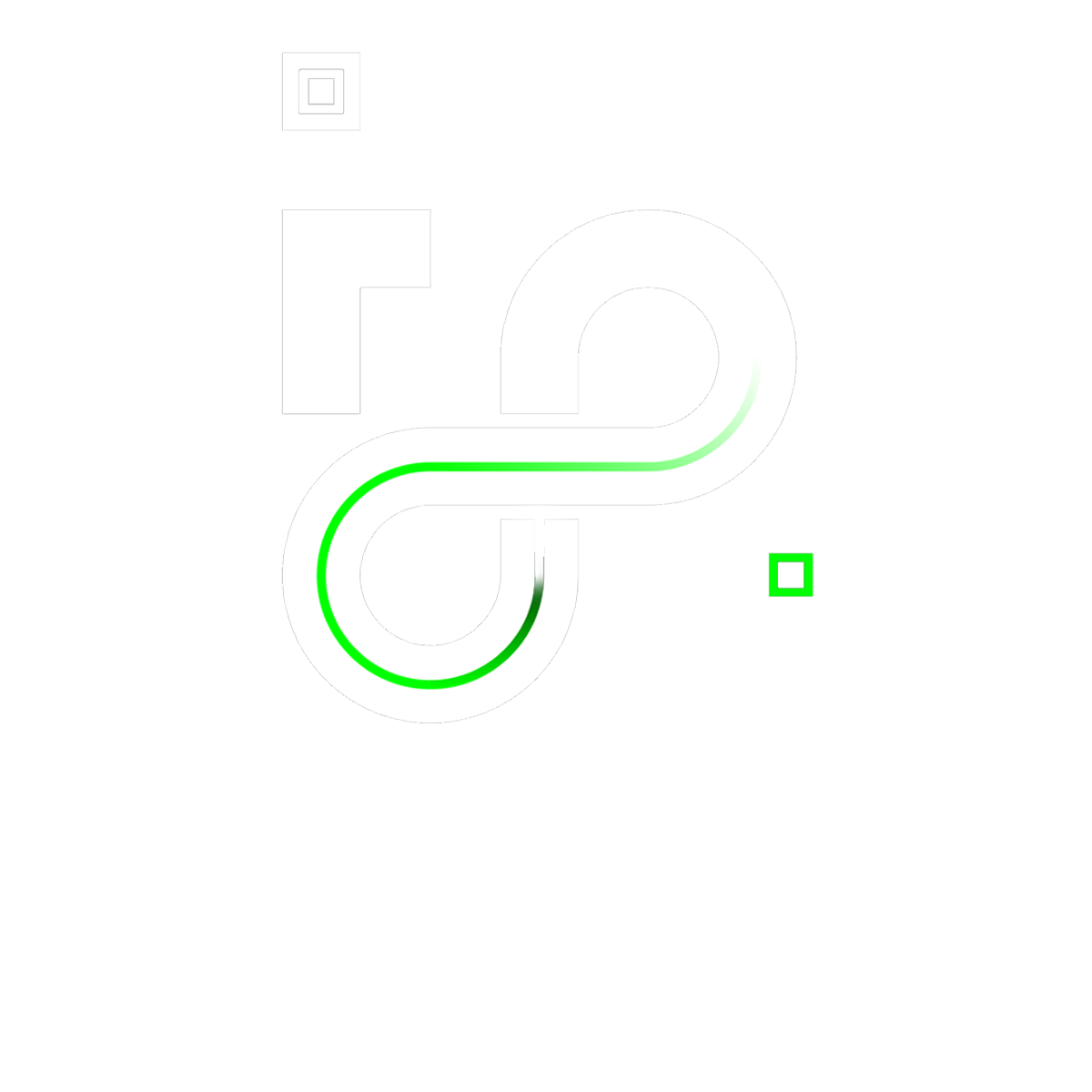Web3 is a new iteration of the World Wide Web which incorporates concepts such as peer-to-peer networking, distributed file systems, and cryptography.
The term is commonly used to describe an emerging ecosystem of open protocols and standards that are being developed in an effort to improve the web’s security, reliability, decentralization, scalability, accessibility and interoperability.
A decentralized web would be more resilient to cyber attacks and censorship by a centralized organization. It would also allow users to control their own data and share it with whoever they want.
The Web3 movement was largely inspired by the success of Bitcoin and blockchain technology. It aims to create a more open web which can be used for a wide variety of purposes including publishing content online without relying on centralized servers or services.
The term was first coined in 2014 by Ethereum founder Vitalik Buterin. The idea behind Web3 is to create a new version of the internet which is more secure and decentralized than ever before.
The traditional web is centralized and controlled by a few large companies. This is not the case with the decentralized web, which is more democratic and distributed.
As we know, the traditional web is centralized and controlled by a few large companies. This means that these companies have all of the power to control what you see on your screen when you browse online. On the other hand, with a decentralized web, users are in control of their own data and can do whatever they want with it. It’s also worth noting that there are no middlemen in this system – so no one can sell your data or manipulate it without your consent.
The traditional web is centralized and the content is hosted on a server that is owned by a company or organization. The decentralized web will be distributed, with no single point of failure. This means that if one node goes down, the data can still be accessed from other nodes.
There are many benefits to decentralized web such as increased privacy and security, more freedom to access information, and increased availability of content.

